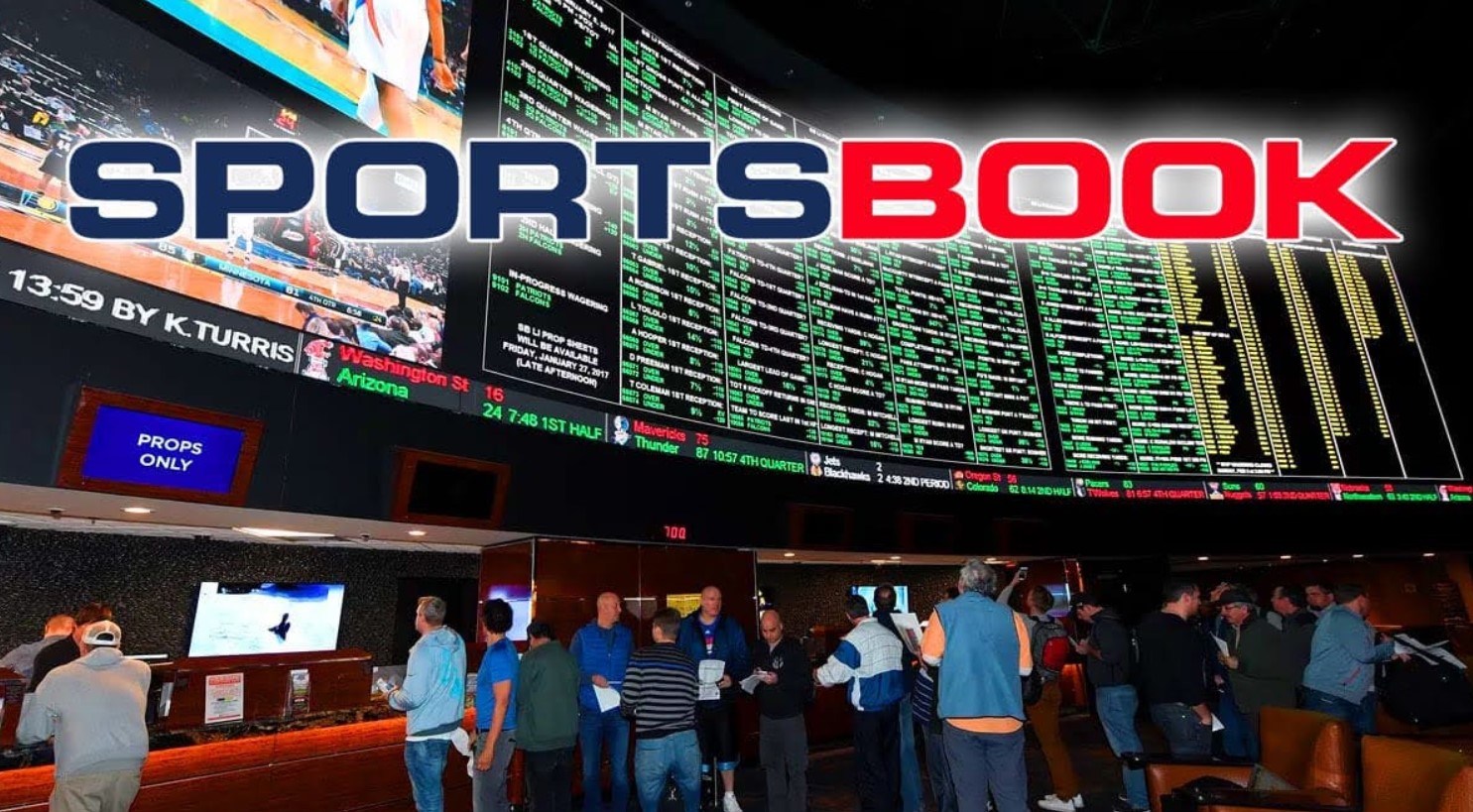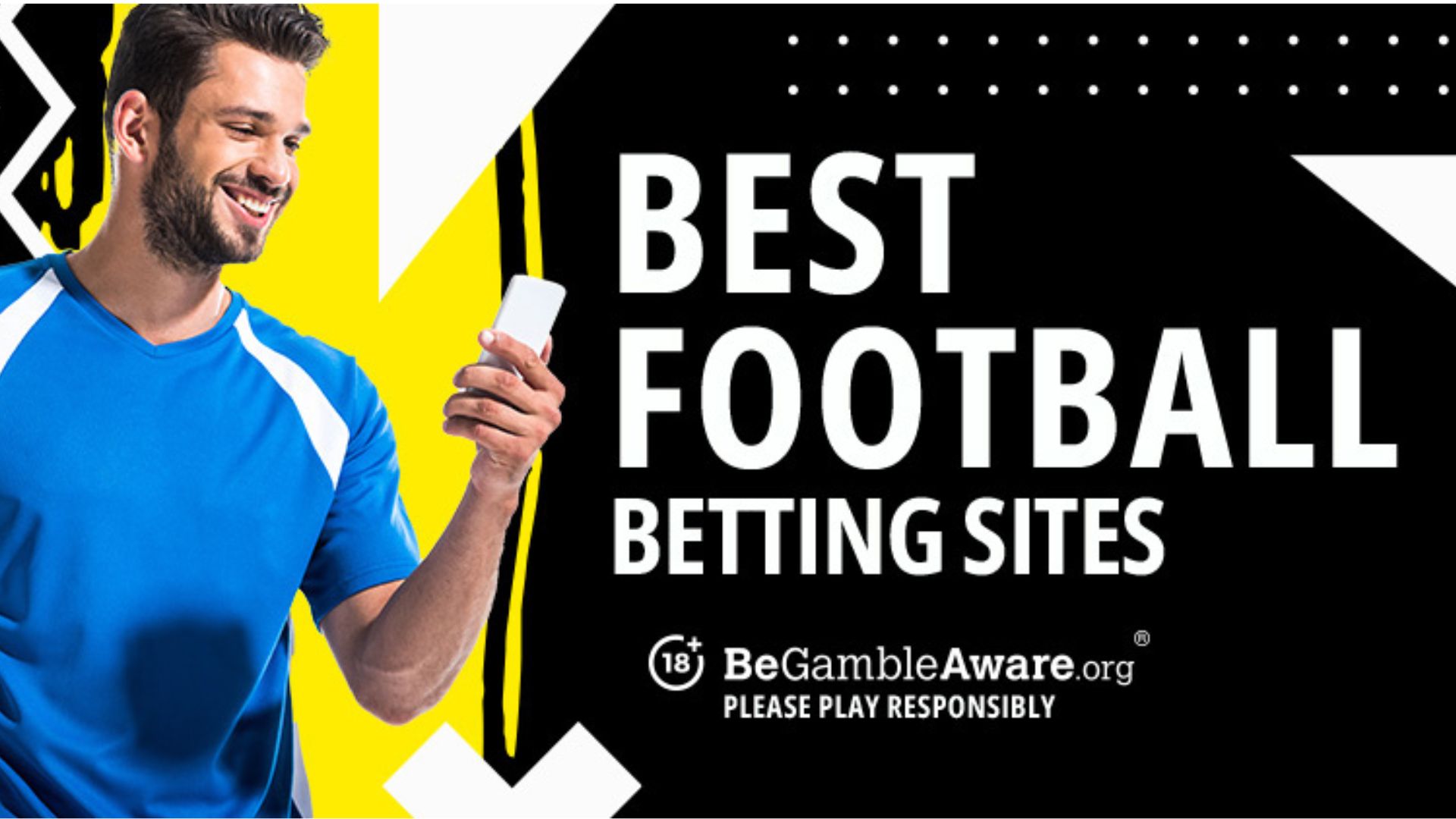Strategy Shift at Halftime: Cash Out or Double Down? Navigating the In-Game Betting Conundrum
The whistle goes to signal halftime. Your team lea

The whistle goes to signal halftime. Your team leads by such a significant margin, and euphoria washes over you. But that nagging voice inside you keeps saying, "What if they blow it?" Well, my friends, this is the epitome of the inner struggle every sports bettor faces come halftime: take the guaranteed profit and cash out, or stick it out and ride the momentum in hopes of scoring a more significant win.
This guide delves deeper into that important in-game betting decision by considering the pros and cons of cashing out during halftime, discussing key factors, and offering insight on transitioning your winnings onto the casino floor.
The Allure of Cashing Out: Locking in Profits and Minimizing Risk
This is a feature of 888sport known as "selling your bet," it allows you to settle your wager for a pre-determined amount before the game concludes. The primary benefit is guaranteeing a profit. This is particularly attractive when your team has a comfortable lead. The favorite is further weighted with more than 70% of all sports bets, according to the American Gaming Association in a report carried out in 2023. Imagine how that protects one from potential second-half collapses, a scenario that plagues even the most dominant teams.
According to ESPN Stats & Information, a study conducted for the 2022 season found that teams that lead at halftime in the NFL went on to win 63% of the time. However, that number falls to 53% for teams leading by double digits. By cashing out, you capitalize on unexpected upsets, protecting yourself from the heartbreak and financial loss of a late-game meltdown.
The Thrill of the Chase: Potential for Bigger Payouts
That's the alluring appeal of the far bigger payout. It feels like you're resisting a huge temptation at the best times. If you can, resist. Unless you're put in a situation with a significant return on your original bet, it's easier to resist then. But then again, the adrenaline rush of a successful comeback bet is second to none.
But it is in the chase of that thrill which usually supersedes the underlying risk, if any. Remember, the house always wins, even at casinos offering enticing deals like non gamstop no deposit bonus offers. This is known as the "hold percentage" at casinos and "vig" in sports betting. That is why the house always wins in the long run. Disciplined bettors will never go after the unlikely windfalls but only for consistent profits.
Making the Informed Decision: Key Factors to Consider
That decision to cash out will depend on very few factors.
- Halftime Score: A more considerable halftime lead usually strengthens the case for cashing out. Statistics will be available from sports data aggregators like Sportradar, which may offer insight into the historical comeback rate based on certain halftime score differentials.
- Remaining Game Time: As the game nears completion, the money line should have a lower remaining game time for cash. There is less time for upsets, and the value of possibly holding on to the wager depreciates.
- Team Momentum: It could mean that the trailing team has a chance of a comeback when the game enters its second half. Conversely, you are more likely to maintain the lead when your team has put up a first-half dominance.
- Overall Betting Strategy: Are you quite a careful bettor in terms of risks, targeting only constant profits? Or rather, do you care less for the extra risks and thus be more willing to prepare for the more significant rewards? You must adapt your overall cash-out practice according to your overall betting strategy.
Beyond the Sportsbook: Wager Responsibility with Your Cashed-Out Winnings
Don't forget responsible gambling practices if you cash out and take your winnings to the casino floor. Here are a few considerations:
- Game Selection: The focus should be on games that offer a lower house edge, such as Blackjack (with optimal strategy) or Baccarat. Avoid games such as slot machines with a significantly high house edge.
- Bankroll management: Always set a clear budget for the amount you will play in the casino and stick to it. Use only part of your cashed-out winnings, leaving the rest for future bets or responsible withdrawals.
- Know when to quit: Any gambler commits the classic mistake of chasing losses. Instead, determine your win and loss points before hitting the casino; quit playing upon reaching these pre-determined points.
"I recommend an approach to cash.
I was cashing out at $120, which guarantees a return of 20% of the investment. This way, you guard against Team A's second-half collapse and enable yourself to wager on future games or even withdraw all the winnings.
By being risk-tolerant
The bet pays 4 to 1, meaning keeping the bet in play would double the wager and afford the chance to walk away with twice the initially staked amount—$250. This squares well with a more aggressive betting strategy but also exposes you to the risk of losing your whole $100 bet if Team A blows the lead.
More Purposeful and
Recent performance by team A: If they have been losing after squandering significant leads in their last games, data on comeback victories for similar teams is always available and can guide a decision.
End with a weak opponent; the argument is for holding on to the bet.
Remember, there is no guaranteed "right" answer. The goal is to weigh the potential rewards and risks based on your personal betting preferences and make an informed decision.
Leveraging Statistics for Smarter Decisions
On the other hand, more advanced statistics can help you decide whether to cash out. Services like ESPN Stats & Information or Sportradar can offer rich historical data on conversion rates to halftime leads and comeback victories for various lead sizes and sports.
Thus, if data were to indicate that teams leading by fourteen or more points at halftime go on to win at an 80% clip, it would further strengthen the case for one to hold his bet. On the contrary, in this scenario, one would cash out when the data indicates that there have been more upsets in similar situations.
Conclusion: Navigating the Cash-Out Conundrum
The halftime cash-out decision is a new world for punters. Knowing all the pros and cons for each option, including the score, time left, and other game-changers, most punters can make well-informed decisions in line with their betting goal. Always remember that responsible bankroll management, coupled with a good understanding of the house edge, is necessary to make it in the long run—be it to cash out or ride it out.
Final Word: Beyond the Blog
This blog post is simply an icebreaker. Look deeper into each individual sport and its history with comeback tendencies. Moreover, responsible gaming sources such as the National Council on Problem Gambling (https://www.ncpgambling.org/) may help provide the right tools and necessary support to anyone struggling with gambling dependency.
Continuing to educate yourself and approach sports betting with a tactical mind, the halftime dilemma or the mystery of the late start can be turned from one significant source of anxiety into a time when you can make a knowledgeable decision and maybe double your winnings.







